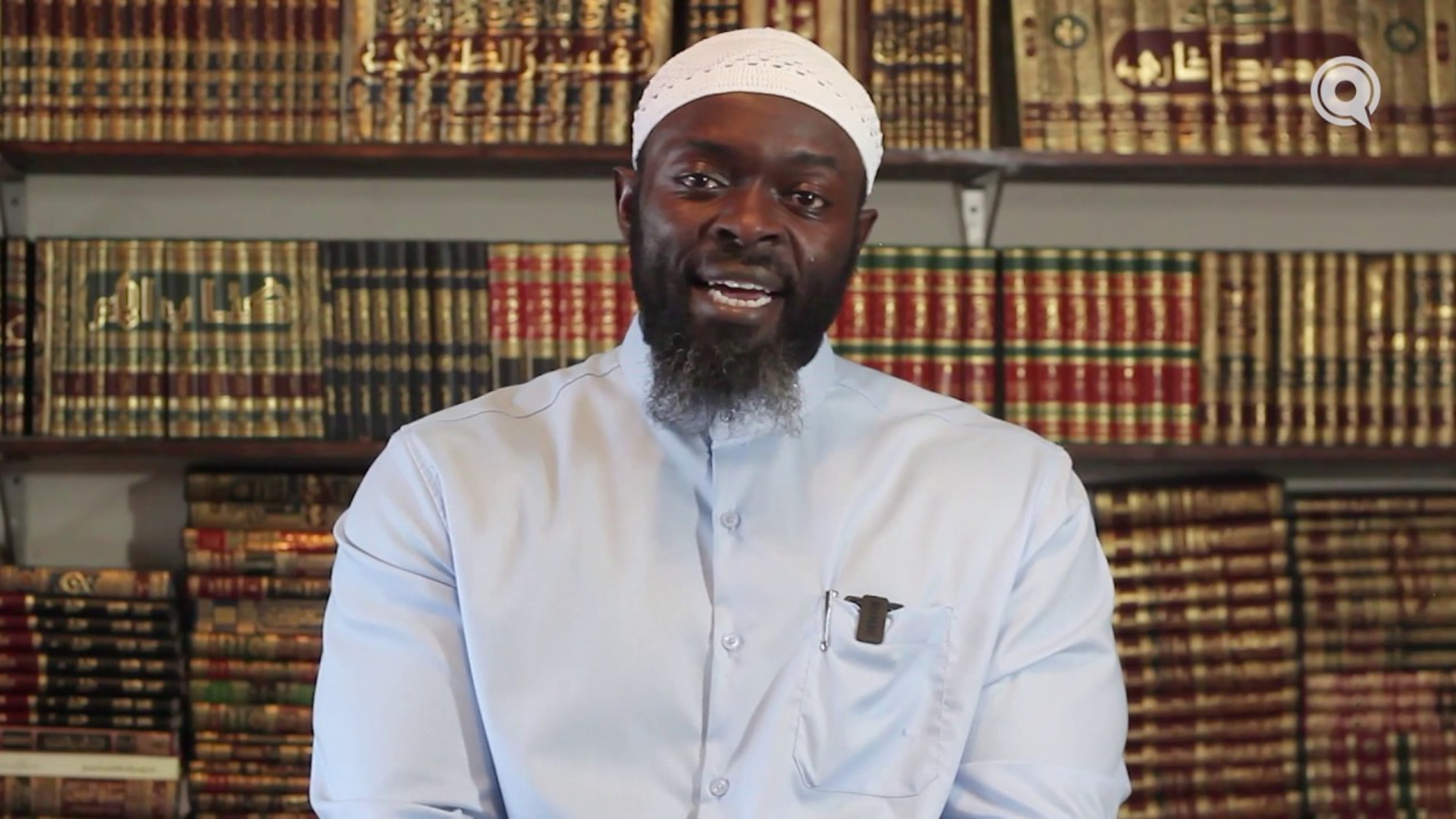
Find Clarity in Your Cave | Daily Reminders
2 Things We Take for Granted | Daily Reminders
Lightening Calamities with Conviction | Daily Reminders
To Put a Smile on the Face of your Brother or Sister | Daily Reminders
"When will life go back to normal?" | Daily Reminders
"Avoiding that which doesn't concern you” | Daily Reminders
The Role of Remembrance in a Crisis | Daily Reminder
Processing News and Seeking the One True Source of News | Daily Reminder
The Death of the Prophet & the Vision of Ibn Abbas | Daily Reminders
Maintaining a Positive Assumption of Allah During the COVID-19 Pandemic | Daily Reminders
Not Going Back, but Growing Forward | Daily Reminders
Make Peace and Move On | Daily Reminders
Finding the Positives During Hard Times | Daily Reminders
Building Our Faith with Consistency | Daily Reminders
Two Blessings that are Rarely Combined | Daily Reminders
The Glass is Half Full | Daily Reminders
Buying What You Want When You Feel Like It | Daily Reminders
Assuming the Best of Allah | Daily Reminders
Expressing Love for Those Around Us | Daily Reminders
99 gods vs 99 names of one God | Daily Reminders
A Means of Purification | Daily Reminders
The Shadows of My Worries | Daily Reminders
Falling Into Your Thoughts - Cognitive Distortion Part 1 | Daily Reminders
The Scholar Who Pretended He Couldn't Hear | Daily Reminders
Seeing Allah's Majesty in Everything | Daily Reminders
Don’t Just Ask for the Loss to be Less, Ask for the Replacement to be More | Daily Reminders
Do Not Forget Who You Are | Daily Reminders
“To be spared and grateful is more beloved than to be tested and patient” | Daily Reminders
Heaven's Celebrities are Often Unknown on Earth | Daily Reminders
Do Not Fear the Virus | Daily Reminders
Working on the Base - Cognitive Distortion Part 2 | Daily Reminders
How to Observe the 15th Night of Sha'ban | Daily Reminders
"What Have You Put Forth?" | Daily Reminders
Giving Empathy | Daily Reminders
Do Not Wish to Meet Your Enemy in Battle | Daily Reminders
Feeling Lonely and It's Getting Worse | Daily Reminders
Uncertainty Tolerance | Daily Reminders
Does God Ever Give Us Tests We Can't Handle? | Daily Reminders
'Oh Allah, Reduce My Pain But Not My Reward' | Daily Reminders
Allah Provides for You | Daily Reminders
The Du'a That Answers Every Prayer & Removes Every Hardship | Daily Reminders
Dealing with your Thoughts - Cognitive Distortion Part 3 | Daily Reminders
Understanding Invisible Wounds | Daily Reminders
Tapping into Allah's Treasure - Rizq Part 1 | Daily Reminders
The Prophetic Way of Calling Upon Allah | Daily Reminders
Gems of Seclusion | Daily Reminders
Two Things Allah Keeps Hidden From Us | Daily Reminders
Expanding and Blessing Your Wealth - Rizq Part 2 | Daily Reminders
The Greatest Way to Seek Allah's Forgiveness | Daily Reminders
In that Moment, What Do You Say? | Daily Reminders
The Bedouin Who Mastered His Praise with Two Words | Daily Reminders
When the Prophet Sent People Home from the Masajid for Taraweeh | Daily Reminders
How Ali (ra) Spent 4 Dirhams in Search of Allah's Mercy | Daily Reminders
Keeping Peace Within Our Homes | Daily Reminders
Book Recommendations from Dr. Jonathan Brown
You Are Responsible, but Not in Control | Daily Reminders
Fleeing from Darkness to Allah's Light | Daily Reminders
Self Actualization and the One Who Needs No Praise | Daily Reminders
When You Can't Be Broken or Bought | Daily Reminders
How You Act From A Place of Power | Daily Reminders
Loving the World Too Much | Daily Reminders
Hold Yourself to Higher Standards | Daily Reminders
Misery Loves Company | Daily Reminders
The Untwisted Truth and the Straight Path | Daily Reminders
Layers of Misguidance | Daily Reminders
Prepare for Dhul Hijjah Like You Do Ramadan | Daily Reminders
What If You Were Never Born? | Daily Reminders
Is It OK to Wish for Death? | Daily Reminders
Degrees of Success | Daily Reminders
Setting Boundaries for Your Paradise and Inner Peace | Daily Reminders
Sincere Advice to an Unwilling Recipient | Daily Reminders
Finding the Right Messenger | Daily Reminders
The Meaning of Al-Azeez (The Almighty) | Daily Reminders
Moses was Not Just Sent to Drown the Pharaoh | Daily Reminders
To Kill Or Be Killed By a Prophet | Daily Reminders
The Days of Allah | Daily Reminders
Justice in the Court of Allah | Reminders
Invisible Wounds & Visible Flaws | Live Reminders
A Major Hidden Benefit of Fasting Regularly | Live Reminders
The Prophets Advice On Having a Clean Heart
Better Than Praying All Night | Live Reminder
What's the best way to read Qur'an? | Live Reminder
Questions About the 6 Days of Shawwal | Live Reminders
How Life Changes When You Find the Truth
How Allah Shows Love For Us | Dr. Hassan Elwan
This Is A Sign That You’ll Go To Jannah | Dr. Hassan Elwan
A Believer’s Animal Personality Test | Dr. Hassan Elwan
Reminders
The Glass is Half Full | Daily Reminders
Sh. Abdullah Oduro describes how the Prophet ﷺ loved expressing optimism by saying a good word or behaving in an optimistic manner. We should stop focusing on the negative, but rather take from the Prophet’s example and make the best of the situation we are put in. Have hope in the future that Allah has decreed and be positive in the best of our ability.